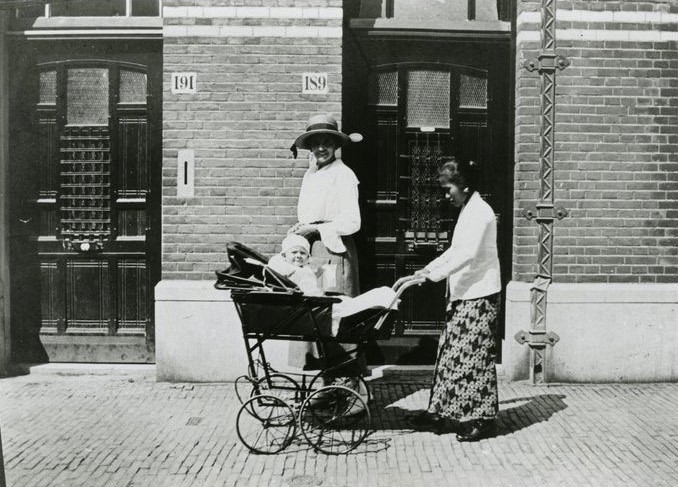Historically, women have borne the brunt of domestic and caregiving tasks, and (poor) people of colour more so than affluent white people. Because care and cleaning are generally low paid, or unremunerated, this sustains major gender and racial inequalities, both within societies and globally.
This Vici-project studies the historical roots of such entangled inequalities. It analyses different degrees of coercion that play out at the level of the household in order to explain continuities and changes in the allocation of care and (paid) work in four regions within the (former) Dutch empire 1750–present, connecting the colonial and postcolonial periods.
The project takes an intersectional approach, sensitive to gender, race/ethnicity, class and age, to study the intimate, but also often coercive relationships between household members, including living-in enslaved and servants. By using a wide variety of sources and qualitative as well as quantitative comparative methods, the project exposes micro-level power mechanisms affecting allocations of paid and unpaid domestic and caregiving labour and explains how and why these changed over the long term. It makes innovative empirical and theoretical contributions to the fields of New History of Slavery, by integrating gender and the household into analyses of forced labour, and to Gender Studies, by including the study of degrees of coercion.
Moreover, the project aims to enhance public awareness about coerced labour in relation to care work in the Dutch empire by building an online knowledge hub together with professionals and citizens. It will combine academic insights with contributions from citizens, including an online textbook for primary and secondary education as well as visual and audio sources for amateur historians. The project is firmly grounded in my expertise in gender and global labour history and is enriched by my extensive national and international collaborations.
